unlocking the secrets of radiant skin: a comprehensive guide to skin health
INTRODUCTION
Skin health is the fundamental aspect of overall well-being, serving as the body protective barrier against external threats and a reflection of one internal health. It encompasses a complex interplay of genetics, lifestyle, and environmental factors, making it a dynamic and vital components of our bodies. Maintaining a optimal skin health not only contributes to a youthful and radiant appearance but also plays a crucial role in preventing various dermatological conditions and promoting general health. In this age of increasing awareness about the significance of self-care, understanding the intricacies of skin health has become more important than ever, as it empowers individuals to make informed choices of their skincare and well-being. Our Skin is a remarkable organ that serves as protective barrier between our bodies and the external environment. It is not our body’s largest organ but also reflection of our overall health. Maintaining healthy skin is crucial for both aesthetic and functional reasons. In this comprehensive guide, we will explore the intricacies of skin health, providing you with valuable insights, tips, and practices to achieve and maintain radiant, healthy skin.
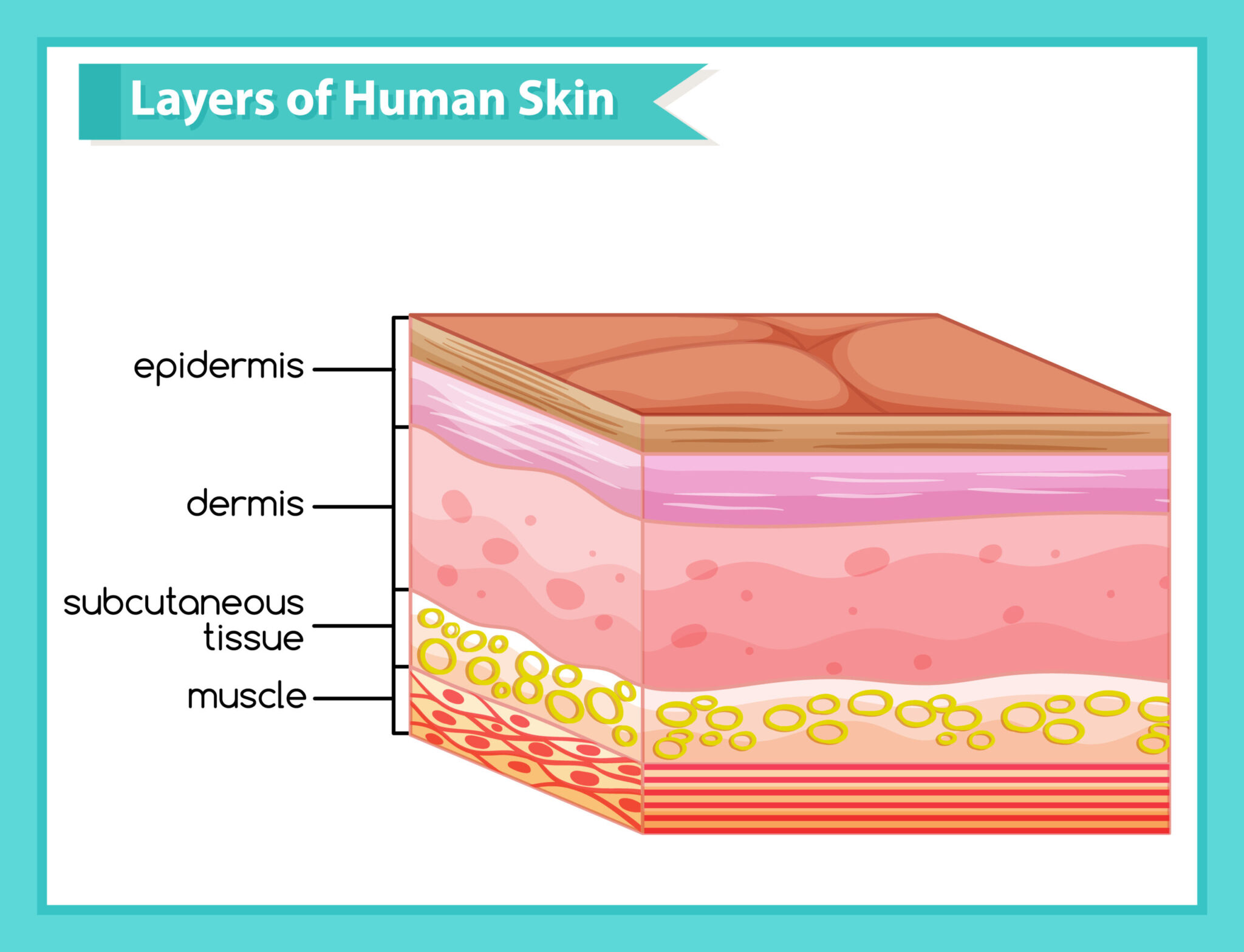
Understanding Your Skin
Before delving into your skin health, it’s important to understand your skin structure and functions. The skin is composed of three main layers: the epidermis, dermis, and Subcutaneous tissue. each layer has a specific role in maintaining your skin health and functions. From its layers are functions to the various factors that influence its condition, gaining a deeper understanding of your skin of the foundation upon which a robust skincare routine and overall well-being are built.
The Epidermis: This is the outermost layer of your skin and act as a protective barrier. It contains various types of cells including keratinocytes that produce keratin, a protein that forms the skin’s protective outer layer. The epidermis also houses melanocytes,responsible for skin pigmentation.
The Dermis: Beneath the epidermis lies the dermis, which contains blood vessels, and hair follicles, sweet glands, collagen and elastin fibres. Collagen provides structural support and elasticity, while elastin gives the skin its ability to bounce back after stretching.
Subcutaneous Tissue: The Deepest layer, the subcutaneous tissue, contains fat cells that provide insulation and cushioning for the body. It also plays a role in regulating body temprature.
Key Factors Affecting Skin Health

Diet and Nutritions
Diet and nutritions plays a pivotal role in overall health and appearance of our skin. What we eat not only affect our waistlines but also influence the complexion, texture, and resilience of our skin. Essential nutrients such as Vitamin A, C, and E as well as minerals like Zinc and selenium, contribute to the maintenance and repair of skin cells, aiding in collagen production and protecting against oxidation damage. Furthermore, the consumption of omega-3 fatty acids found in fishes and flaxseeds can help to bolster the skin’s natural barrier, enhancing moisture retention and suppleness. Conversely a poor diet characterized by excessive consumption of sugary, processed foods and an imbalance of essential nutrients can lead to skin issues, including acne, premature aging, and a lackluster complexion. The inflammatory response triggered by sugary and high glycemic foods can exacerbate skin conditions, while inadequate hydration and lack o essential nutrients can compromised the skin ability to repair and protect itself. Nutrition plays a fundamental role in skin health. A balanced diet rich in vitamins, minerals, and antioxidants can nourish your skin from the inside out. Essential nutrients for healthy skin include:
- Vitamin A: Essential for skin repair and maintenance.
- Vitamin C: Boost Collagen production and act as an antioxidants.
- Vitamin E: Protects skin from UV damage.
- Omega 3 Fatty Acids: Maintain the skin lipid barrier.
- Zinc: Promotes skin healing and reduces inflammation.
- Water: Hydration is key to maintaining skin’s moisture.

Hydration
Hydration plays a pivotal role in maintaining healthy skin. Our skin is the body’s largest organ and serves as a protective barrier against external threats, making it essential to keep it adequately hydrated. Proper skin hydration ensures that the skin barrier functions optimally, preventing moisture loss and maintaining elasticity. When the skin lacks sufficient hydration, it can become dry, flaky, ad more prone to damage and premature aging. Moreover, dehydrated skin is more susceptible to issues like acne, eczema, and psoriasis, as a compromised barrier can allow harmful microorganisms to penetrate the skin. Therefore, maintaining optimal skin hydration through moisturizing, drinking an adequate amount of water, and using suitable skincare product is fundamental in achieving healthy and radiant skin.
In addition to preventing skin dryness and damage, hydration also contributes to a youthful and glowing complexion. Well-hydrated skin appears plumber and more radiant, diminishing the appearance of fine lines and wrinkles. It also aid in the even distribution of natural oil ensuring that the skin’s pH balance is maintained. For those with specific skin concerns such as oily or acne-prone skin, it may seem counterintuitive to moisturize however, using non-comedogenic hydration products can actually help regulate oil production and improve overall skin health.
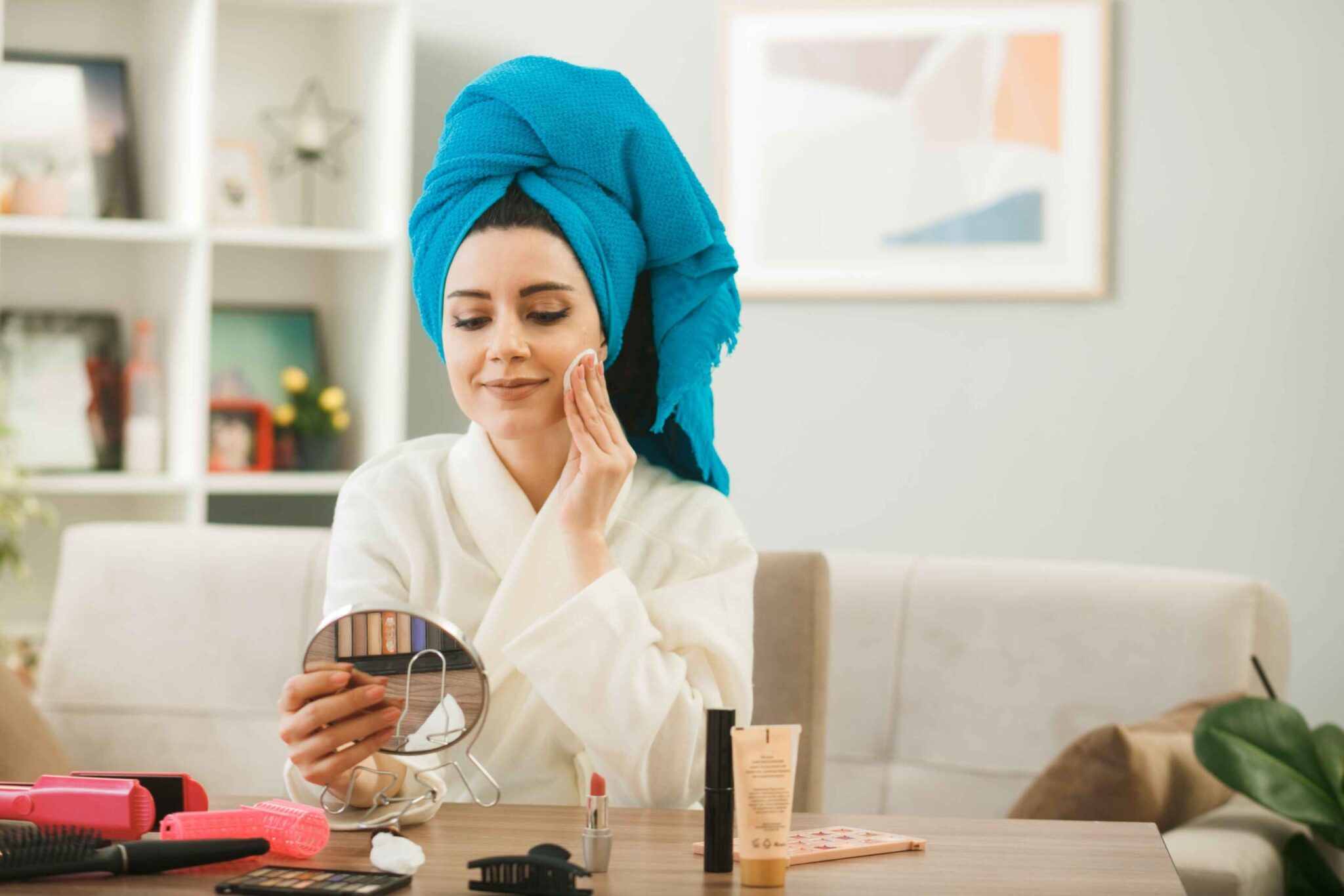
Skincare Routine
A consistent and well rounded skincare routine is essential for achieving and maintaining healthy skin. A good skincare regimen involves the combination of cleansing, exfoliating, moisturizing and protecting the skin from environmental stressors. Cleansing the foundation of any routine, as it removes dirt, makeup, and excess oil, allowing the skin to breathe and preventing clogged pores. Exfoliation, whether through physical and chemical means, help to remove dead skin cells, promoting a smoother or brighter complexion. Moisturizing is crucial to keep the skin adequately hydrated, maintaining its function barrier and preserving issues like, dryness and premature aging. Lastly, using sunscreen is vital to shield the skin from harmful UV rays, one of the primary causes of skin damage and aging. A well-planned skincare routine should be tailored to an individuals specific skin type and concerns, talking to account factors such as age, skin conditions, and environmental exposure.
Consistency is key when it comes to skincare, when it may take time to noticeable results, adhering to a routine over an extended period is crucial for skin health. In addition to daily care, occasional treatments like masks, serums, or professionals facials can provide an extra boost to address specific concerns. It’s also important to be gentle with skin, avoiding harsh products and over exfoliation which can lead to irritation. Lastly a healthy lifestyle, including a balanced diet, regular exercise and adequate hydration, complements a skincare routine and contributes to overall skin health.
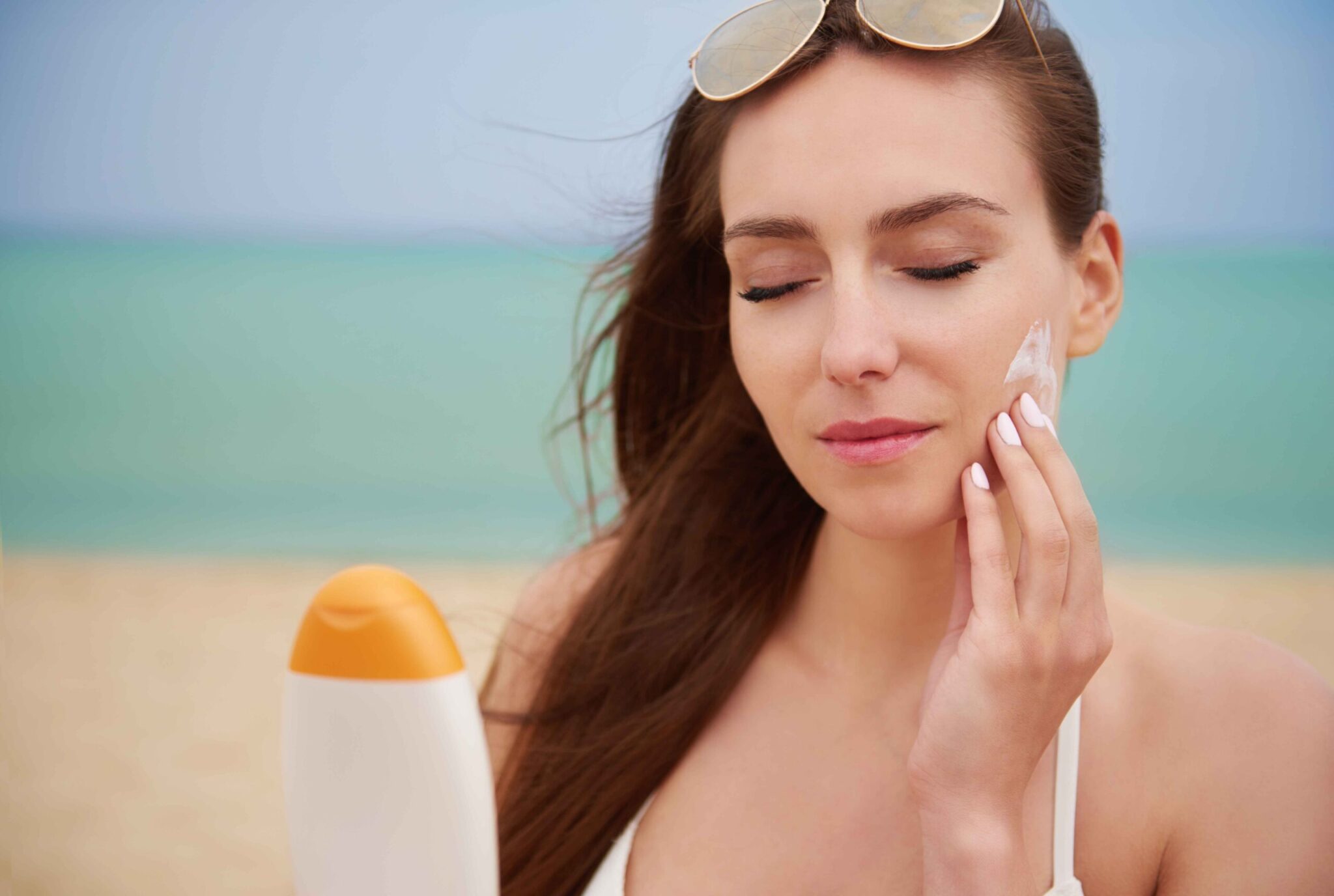
Protecting your Skin from UV Rays
Protecting your skin from harmful effect of UV (ultraviolet) rays is paramount for maintaining healthy and youthful skin. Prolonged and unprotected exposure to UV radiation from the sun can lead to a multitude of skin issues, including sunburn, premature aging, and an increased risk of skin cancer. To shield your skin from these damage rays its essential to incorporate sun protection into your daily routines. This includes the consistent use of broad spectrum sunscreen with an SPF of 30 or higher, even on cloudy days. Sunscreens should be applied generously and reapplied every two hours when spending time outdoors. Additionally, wearing protective clothes, such as long-sleeves shirts, ide brimmed hats, and sunglasses, can further can reduce your skin’s exposure to UV rays.
Seeking shades during peak sun hours, typically between 10 a.m and 4 a.m can also help minimize UV exposure. When engaging in outdoor activities its advisable to use umbrellas or find shelter to reduce direct sun contact. Remember that UV Rays can penetrate through windows, so applying sunscreen when it spends a lot of time in a car or near window is important.

Avoiding Harmful Habits
In the pursuit of maintaining healthy and vibrant skin, it is crucial to steer clear harmful habits that can undermine your skin’s well-being. Smoking is perhaps one of the most damaging habits in skin health. It not only accelerates the aging process, leading to the development of wrinkles and fine lines, but it also constricts blood vessels, reducing the flow of oxygen and vital nutrients to the skin. As a result, smokers often have a dull, swallow complexion and are more prone to skin conditions such as acne and psoriasis. Additionally, excessive alcohol consumption can have adverse effect on the skin. Alcohol is dehydrating, leading to dry and flaky skin, and it can dilate blood vessels, causing redness and, exacerbating conditions like rosacea. Moreover, it can appear the body ability to repair and regenerate skin cells, making the skin more susceptible to damage and slower to heal.
Another armful habit to avoid is excessive sun exposure without adequate protection. UV rays from the sun are a leading cause of skin damage, causing sunburn, premature aging, and an increased risk of skin cancer. Tanning beds, with their concentrated UV radiation are equally harmful and should be avoided. Picking at our squeezing pimples and blemishes is another common habit that can lead to scarring, infection, and worsened acne. Stress and poor sleeps habits can also have a negative impact on skin health, contributing to conditions, like eczema and psoriasis.
Common Skin Issues and Solutions
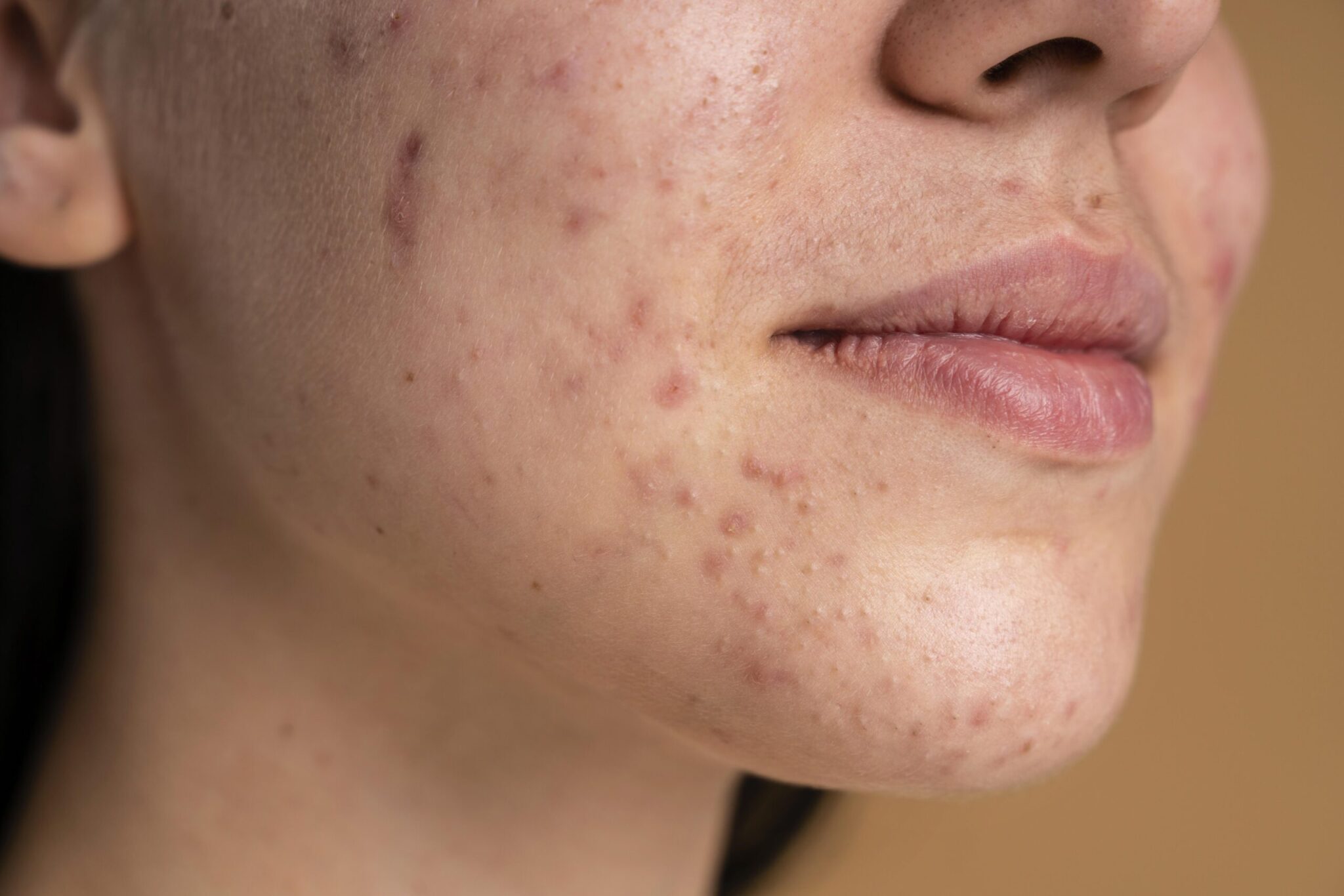
Acne
Acne is a common skin condition that can significantly impact on skin health and self-esteem. It simply manifests as pimples, blackheads, whiteheads, and sometimes deeper cysts or nodules, often occurring on the face, neck. chest, and back and shoulder. Acne is primarily caused by the overproduction of sebum (skin oil) in combination with the clogging of hair follicles by dead skins cells and bacteria. While it is most frequently associated with adolescence, it can effect individuals of all ages, and its severity can vary widely, from mild, occasional breakout to more severe and persistent forms. Proper skincare, including gentle cleansing and exfoliation, is essential in managing acne, as is the use of non-comedogenic products that won’t clog pores. Over the counter treatments with ingredients like benzoyl peroxide, salicylic acid, or alpha hydroxy acid can be effective in mild cases. For more severe acne, consulting a dermatologist is recommended, as they can provide prescription medications like tropical or oral antibiotics, retinoids, or hormonal treatments. Overall, managing acne, is not only contributes to improve skin health but can also boost one’s confidence and well-being as it addresses both the physical and emotional aspects of the condition.
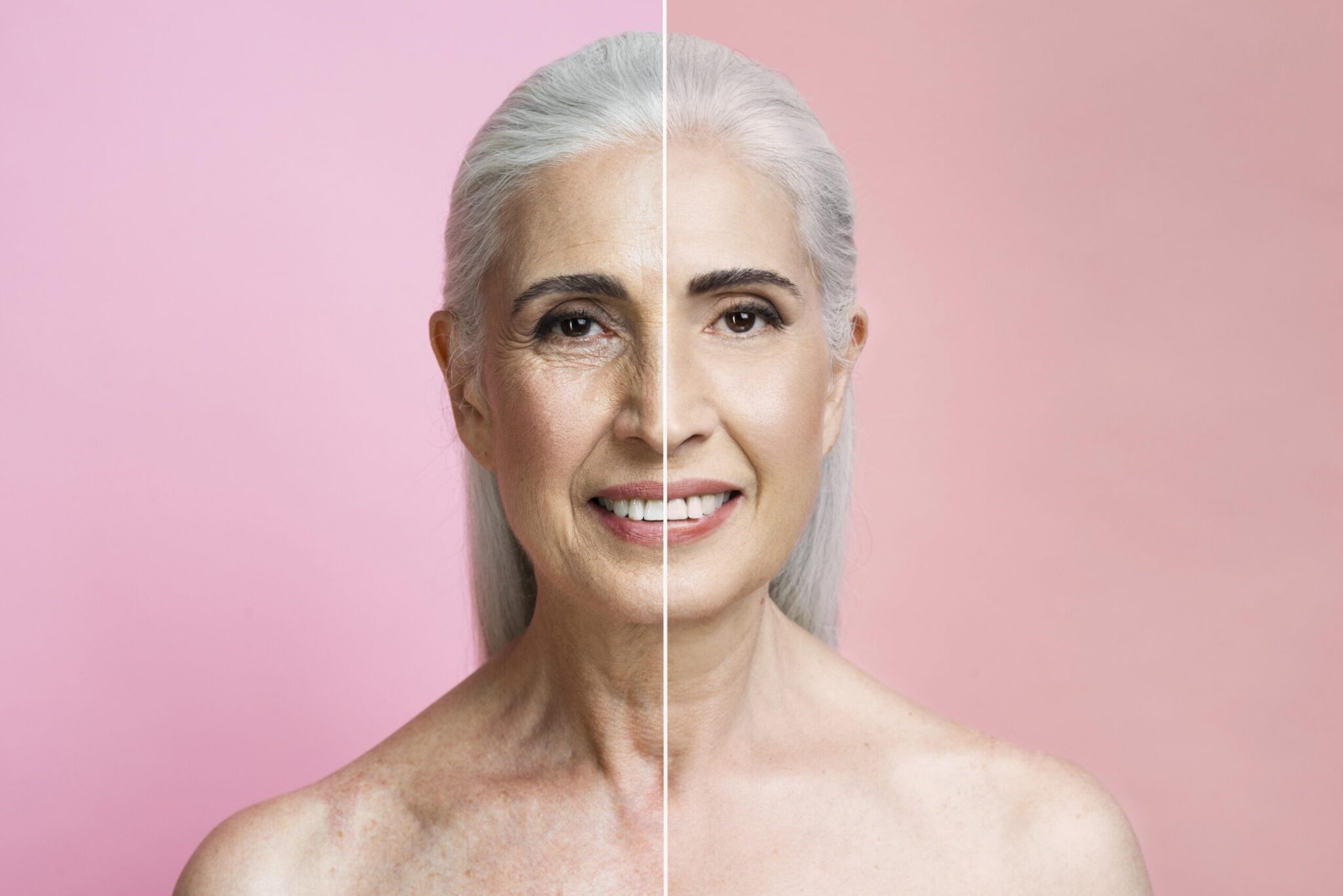
Aging Skin
Aging skin is the natural part of human life cycle and it is influenced by combination of intrinsic and extrinsic factors. Intrinsic aging is also known as chronological aging, is determined by our genetics and occur over times as our skin naturally loses collagen and elastin, resulting in the formation of fine lives, wrinkles, and a gradual loss of skin elasticity. Extrinsic aging, on the other hand, is primarily driven by external factors such as exposure to UV radiation from the sun, smoking, and environmental pollutants. UV rays in particular area a leading cause of premature aging, as they breakdown collagen and elastin fibres leading to the development of sunspot, sagging skin, and more pronounced wrinkles. Maintaining healthy aging skin involves a combination of protective and proactive measures, such as daily sunscreens, use a balance of diet rich in antioxidants, regular hydration and the consistent use of skincare products with ingredients like retinoids and hyaluronic acid o encourage collagen production and hydration.
In additional to external interventions, the acceptance of the natural aging process is a crucial aspect of skin health. Embraces the signs of aging, such as fine lines and wrinkles is an important step in fostering self-confidence and body positivity. While various cosmetics procedures and products can help address age related skin concerns, they should be considered as option rather than necessities. A positive attitude and a focus on overall well-being including emotional and mental health, contribute to a more holistic approach to aging gracefully.
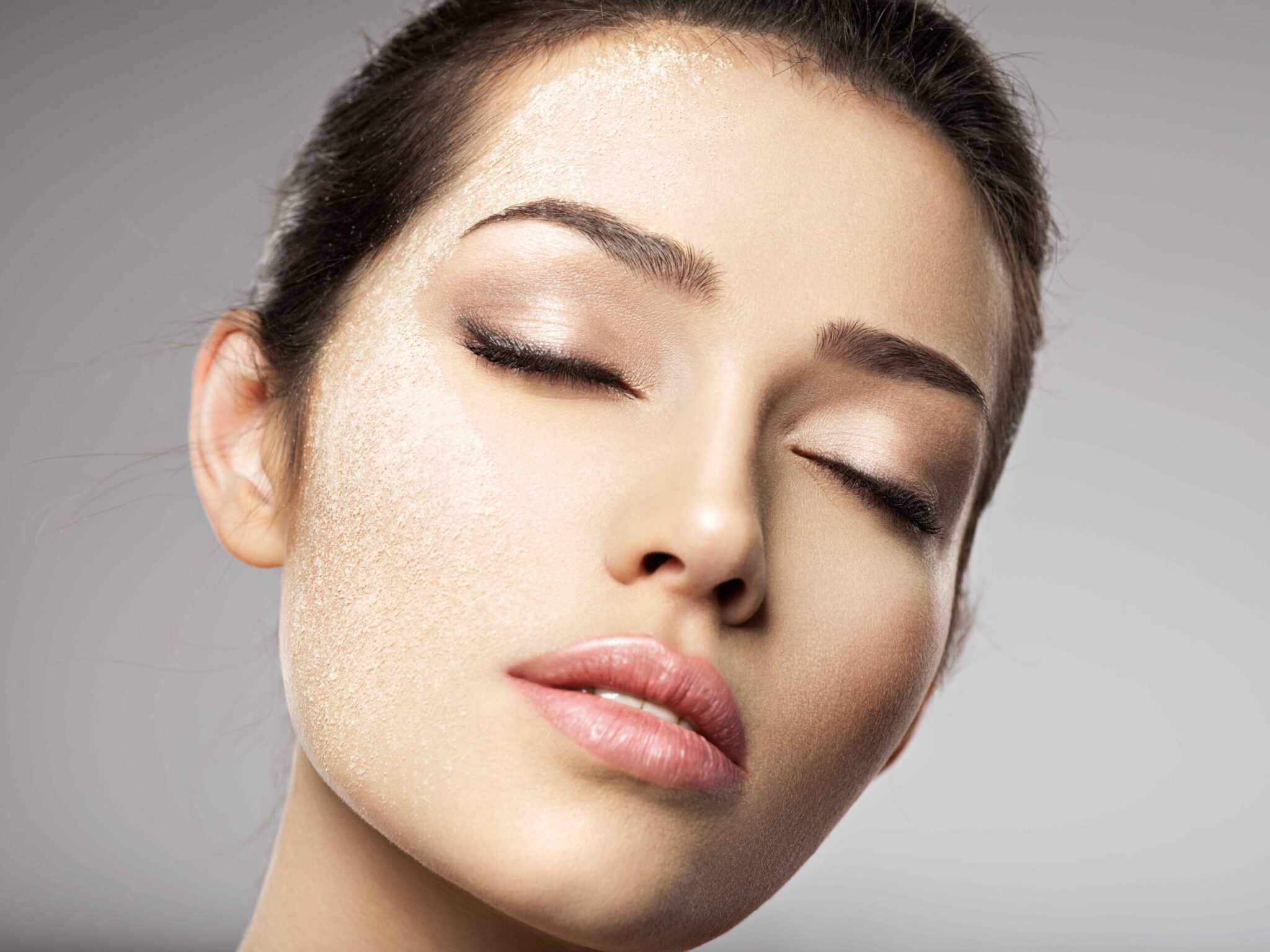
Dry Skin
Dry skin, is also known as xerosis, is a common skin condition that can have a significant impact on skin health and comfort. It occurs when the skin lacks an adequate amount of moisture, leading to symptoms like flakiness, tightness, itching, redness, and even the development of fine lines and cracks. Dry skin can result from various factors, including environmental elements like low humidity, harsh whether conditions and excessive exposure to hot water. Additionally, certain medical conditions, medications, and aging can contribute to dry skin. To manage and improve dry skin, its crucial to adopt a skincare routine that focuses on hydration and moisture retention. This often involves using gentle hydrating cleansers and incorporating moisturizers that contain ingredients like ceramides, hyaluronic acid, and natural oil to lock in moisture and repair the skin barrier function. Regular exfoliation with mild exfoliants can also remove dead skin cells allowing moisturizers to penetrates more effectively. Staying hydrated by drinking an adequate amount of water is essential for skin health, as it help maintain overall moisture balance from the inside out.
In addition to a topical care, adjusting daily habits can be instrumental in managing dry skin. Avoiding long, hot shower and opting for lukewarm water can prevent excessive drying of the skin. Using a humidifier in dry indoor environments can help maintain optimal humidity levels, reducing the risk of skin dryness. Lastly individuals with persistently dry skin may benefits from consulting a dermatologist to rule out any underlying medical conditions and receive tailored treatments recommendations.

Ezcema
Eczema is also known as atopic dermatitis, is a chronic skin conditions characterized by red inflamed, and itchy patches on the skin. It often begins in childhoods and can persist into adulthood. Eczema results from a combination of genetics, environmental, and immune system factors. While there is no cure for eczema there are various strategies for managing and minimizing its symptoms. These include the regular use of moisturizers to keep the skin hydrated, as dryness can exacerbate eczema flare-ups. Avoiding known triggers such as certain soaps, detergents, fregnances, and allurgence can also help reduce the frequency and severity of eczema outbreaks. In some cases, dermatologists may recommend topical corticosteroids or other medications to control inflammation and itching. Maintaining proper skincare activities, including gentle cleansing and avoiding harsh scrubbing is crucial or individuals with eczema. Dressing in breathable, soft fabrics like cotton and practicing good sun protection can help protect the skin and minimize irritation. Moreover, adopting a diet rich in anti-inflammatory foods and avoiding potential allergens may provide some relief.



